Science writer and editor
Megdell joined the University of Michigan Rogel Cancer Center communications team in 2022. Prior to that she served as the natural sciences writer for the University of Michigan College of Literature, Science, and the Arts. Contact: [email protected]

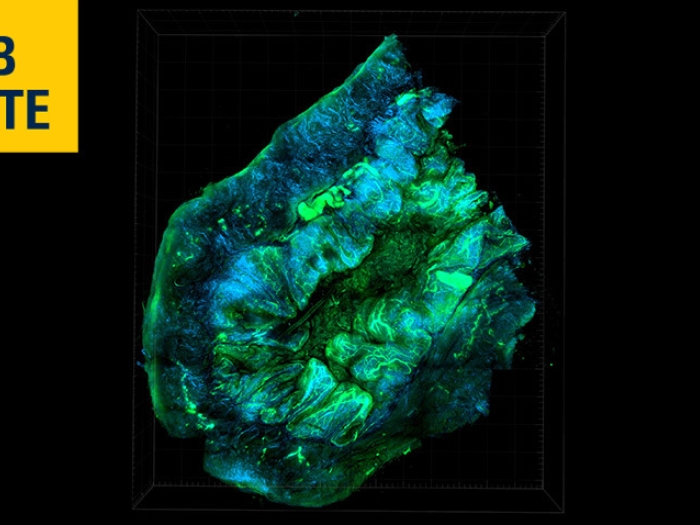
Health Lab
In cell-line and mouse models of ovarian cancer, researchers developed an interdisciplinary approach to identify metabolic vulnerabilities in certain genes that could be targeted to kill cancer cells.
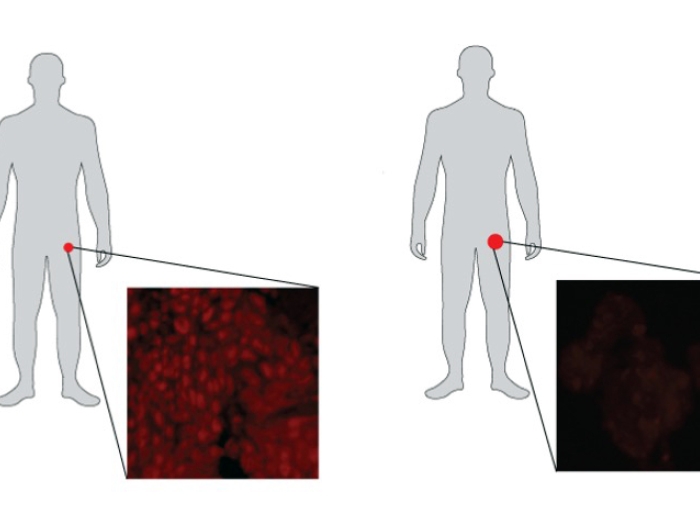
Health Lab
Biopsies from the same patients before and after treatment reveal how a specific drug reprograms prostate tumors.
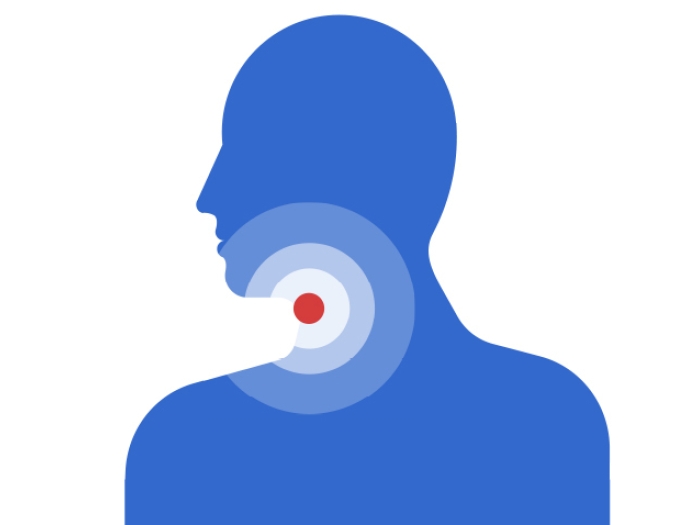
Health Lab
A clinical trial in head and neck cancer explored ways to improve clinical outcomes for patients. Although the trial failed, researchers found insight into new ways to address treatment resistance.
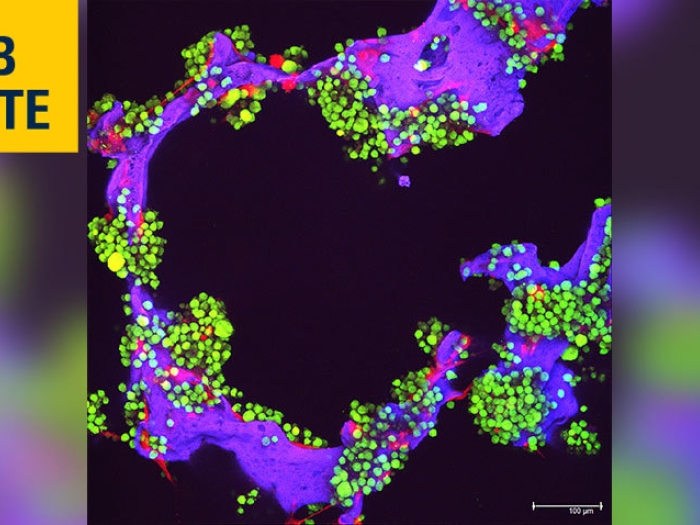
Health Lab
Patients with relapsed multiple myeloma are resistant to commonly used treatments. Researchers are one step closer to understanding the genetic reason why.
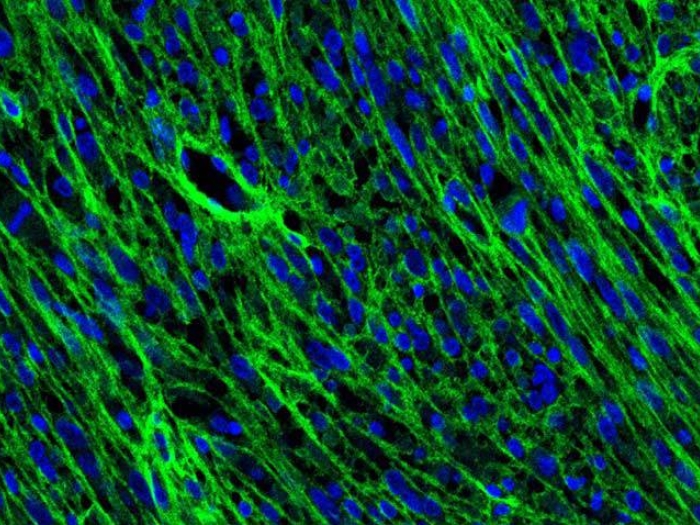
Health Lab
In mice, researchers have discovered the presence of oncostreams, highly active cells connected to how brain tumors grow and invade healthy tissue.
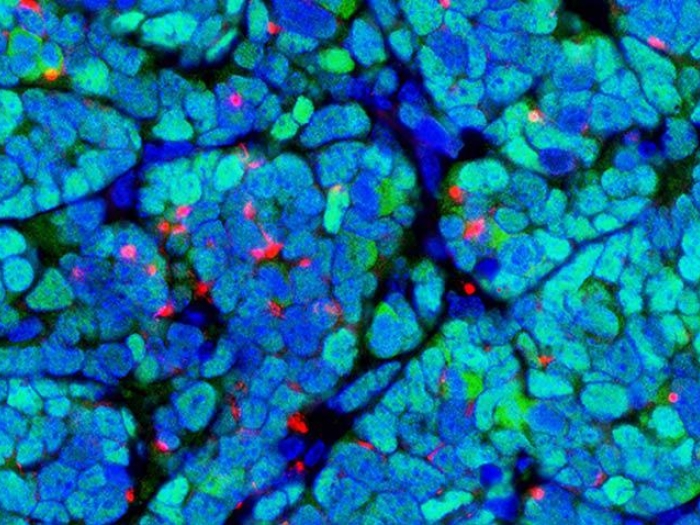
Health Lab
Researchers have figured out how to create a mouse model of a rare but fatal skin cancer, a scientific discovery 10 years in the making.
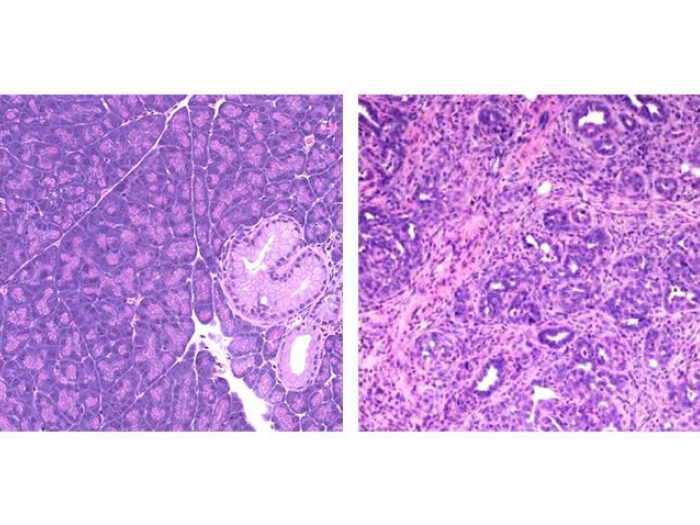
Health Lab
A study suggests substances touted to improve athletic performance can activate a receptor that accelerates the progression of pre-cancerous lesions to pancreatic cancer in mice.
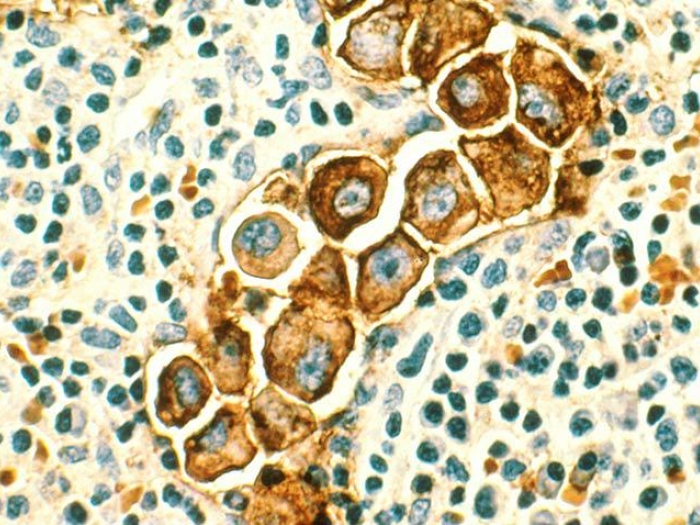
Health Lab
In mice, nanomedicine can remodel the immune microenvironment in lymph node and tumor tissue for long-term remission and lung tumor elimination in this form of metastasized breast cancer.

Health Lab
By raising awareness about the correlation between increased radiation exposure and cardiac events, average doses were reduced without minimizing cancer treatment.
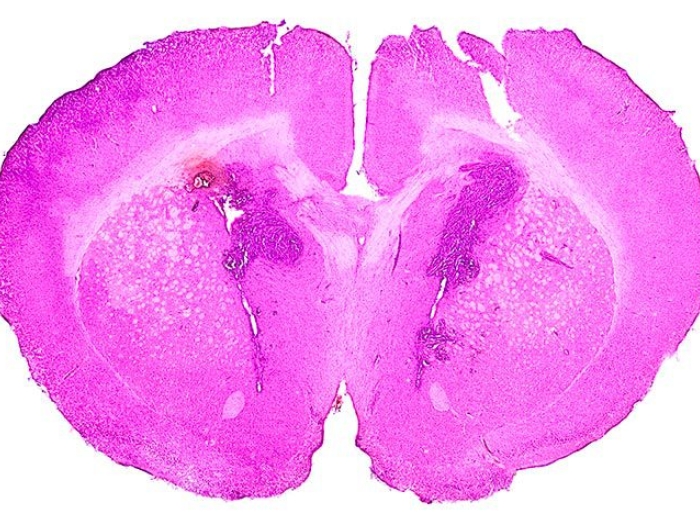
Health Lab
Findings suggest this method could provide data about tumors sooner than MRIs alone.

Health Lab
The trial advances basic science research on the relationship between purine levels and treatment resistance to develop new treatment options for patients.
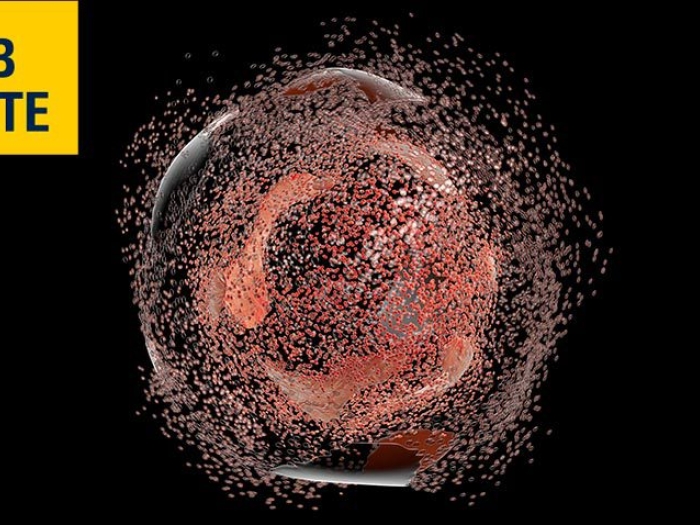
Health Lab
A study defines how a type of cell death occurs from a protein and fatty acid found inside the body.
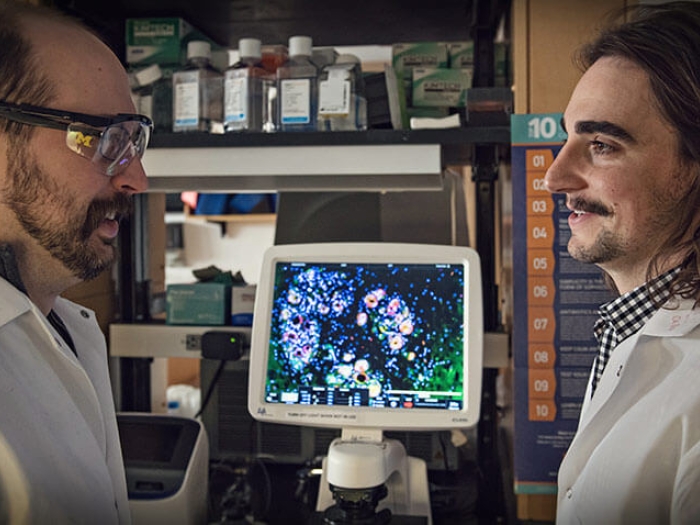
Health Lab
Often found in beauty products and wellness supplements, hyaluronic acid attracts and retains water well. It’s also a major player in the physiology of pancreatic tumors.
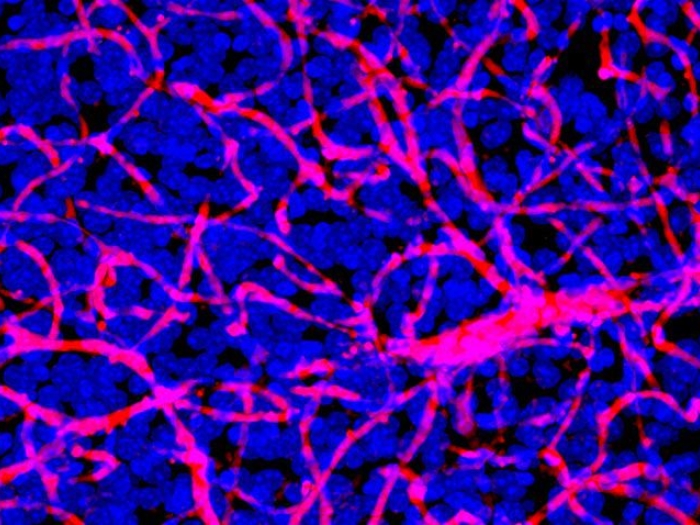
Health Lab
Researchers discover how a gene mutation in the cancerous tumor leads to cell cycle dysregulation and heightened sensitivity to a class of inhibitors.